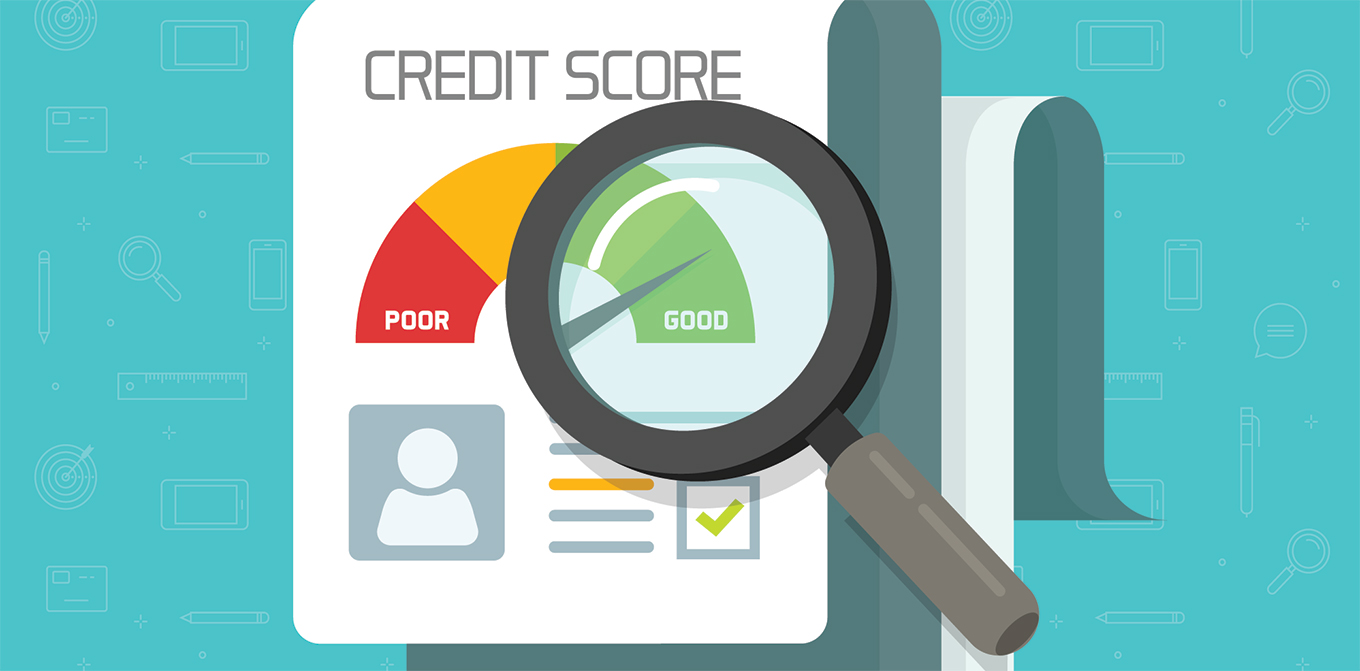5 alternatives to payday loans
Millions of Americans use “payday loans” every year to make ends meet, but payday loans are notoriously predatory and often lead to deeper financial problems. For example, payday loan borrowers in Delaware pay an average of $390 to borrow $500, according to Pew research.
Recovering from fees like that can be challenging. But a payday loan isn't the only option when you need cash quickly. If you don’t have an emergency fund, there are a number of other ways to access the cash you need—without incurring huge fees.
Consider these five alternatives to payday loans to help you through a financial emergency without derailing your finances.
1. Payment Plans
If you need cash to pay bills, many creditors will allow you to set up a payment plan rather than paying the full amount all at once. Before you turn to a payday loan provider, call the company you owe and ask if they can offer you a payment plan option.
In many cases, the creditor will be willing to work with you to set up a plan to pay a lower amount as long as you continue paying toward the bill. By setting up a payment plan you can afford, you may be able to avoid the fees associated with payday lending and stay current on your bills.
2. Medical Bill Assistance Programs
Payment plans may not always be available, but there are other options. If you need cash to pay medical bills, research medical bill assistance programs. For example, nonprofit hospitals are required to offer financial assistance programs (FAP) to provide free or discounted health care to people who need help paying medical bills. If you need help paying for hospital care, contact the hospital to find out how to apply for assistance under its FAP.
In addition to hospital-provided programs, a number of nonprofit organizations also provide help for paying medical bills. Some of those organizations include HealthWell Foundation, PAN Foundation, CancerCare and U.S. government programs.
3. Nonprofits and Local Charities
In addition to helping with medical expenses, a number of nonprofits and charities are available to assist with other types of bills. Many national groups, such as Community Action Organizations, offer financial help. But there are likely organizations in your own local area that can also provide assistance.
Consider contacting churches, community foundations, and other local nonprofits and charities to find out if they offer programs for people who need help paying bills. Also, ask for information on government assistance programs that may be available to you.
4. Short term Bank Loans
Another option for accessing cash without excessive fees may be available from your bank, as many financial institutions offer cash solutions that you may not have considered. For example, CashPlease is a short-term loan of up to $5001. Approved borrowers can get the money in 48 hours2 and repay it over three months. Unlike a payday loan, Cashplease offers a flexible repayment timeline and does not charge exorbitant fees.
5. Family and Friends
Borrowing money from family members or friends may not be ideal, but it's probably a better option than a payday loan. If you have family members or friends who are able and willing to help you in a time of need, consider asking them for financial assistance.
To preserve your relationship, make sure to put the terms of your agreement in writing, including how much you will pay in interest and the payment schedule you will follow. In addition to expressing your gratitude, commit to following your agreement and repaying what you owe. By sticking to your end of the deal, you can ensure that your family member or friend won't regret loaning you money—and the transaction won't affect your relationship.
If you need cash quickly, explore all your options before turning to a payday loan. Using these ways to access the cash you need in a financial emergency can help you avoid paying high fees that could turn your short-term emergency into a long-term financial struggle.




